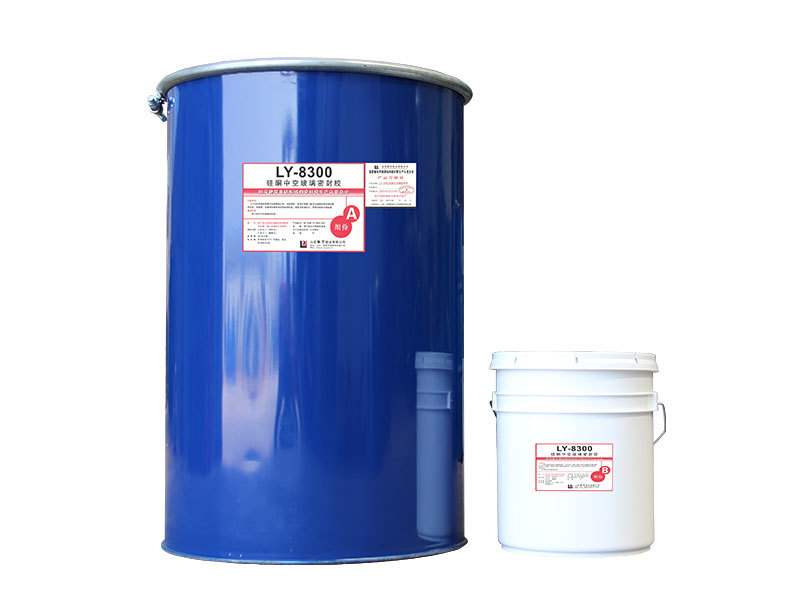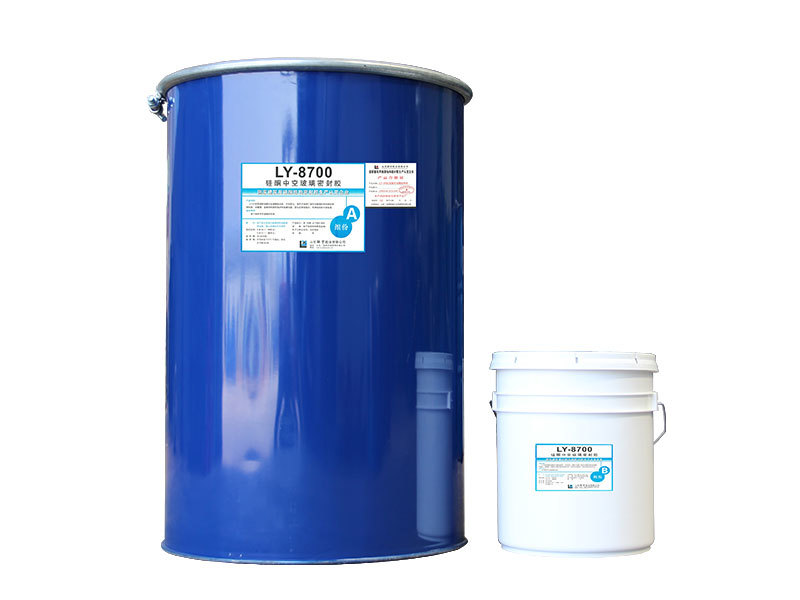Understanding Neutral Silicone Structural Adhesives: A Comprehensive Overview
Upload Time:
2024-11-14
Neutral silicone structural adhesives are a specialized category of adhesives widely used in various industrial applications due to their superior bonding properties and versatility. These adhesives are formulated to provide strong adhesion to a range of substrates, including metals, glass, ceramics, and plastics, making them invaluable in construction, automotive, and manufacturing sectors. One o

Neutral silicone structural adhesives are a specialized category of adhesives widely used in various industrial applications due to their superior bonding properties and versatility. These adhesives are formulated to provide strong adhesion to a range of substrates, including metals, glass, ceramics, and plastics, making them invaluable in construction, automotive, and manufacturing sectors.
One of the defining features of neutral silicone structural adhesives is their curing process. Unlike acidic silicone adhesives, which release acetic acid during curing, neutral silicone adhesives cure via a moisture-curing mechanism without releasing harsh by-products. This attribute makes them suitable for bonding sensitive materials that could be adversely affected by acidic vapors. The neutral characteristics of these adhesives result in minimal odor and reduced risk of corrosion or damage to substrates, which is particularly beneficial for applications in enclosed environments or where sensitive electronics are involved.
The flexibility and elasticity of neutral silicone structural adhesives allow for the accommodation of thermal expansion and contraction in bonded materials. This property is crucial in applications where temperature fluctuations occur, ensuring that the adhesive bond remains intact without compromising structural integrity. Additionally, these adhesives exhibit excellent weather resistance, making them ideal for outdoor applications where exposure to UV light, moisture, and temperature extremes can challenge other adhesive types.
In terms of application, neutral silicone structural adhesives are commonly employed in the construction industry for glazing, curtain wall systems, and structural bonding. Their ability to form a durable, waterproof seal is essential for maintaining the integrity of buildings and preventing water ingress. In the automotive sector, these adhesives are used for bonding windows, mirrors, and other components, contributing to the overall strength and safety of vehicles.
Furthermore, the adhesion properties of neutral silicone structural adhesives make them suitable for a variety of substrates, including dissimilar materials. This capability allows manufacturers to utilize metal, glass, and plastic components in their designs without worrying about compatibility issues, thus broadening design possibilities and enhancing product performance.
When selecting a neutral silicone structural adhesive, it is important to consider factors such as the specific substrates involved, environmental conditions, and the required bond strength. Conducting thorough surface preparation and following manufacturer instructions can greatly enhance the effectiveness of the adhesion process.
In conclusion, neutral silicone structural adhesives represent a vital tool in the adhesive industry, offering a unique combination of strength, flexibility, and environmental resilience. As industries continue to innovate and push the boundaries of material usage, these adhesives will play a crucial role in facilitating advanced bonding solutions across various sectors. Understanding their properties and applications can empower professionals to make informed choices that enhance product reliability and performance.
One of the defining features of neutral silicone structural adhesives is their curing process. Unlike acidic silicone adhesives, which release acetic acid during curing, neutral silicone adhesives cure via a moisture-curing mechanism without releasing harsh by-products. This attribute makes them suitable for bonding sensitive materials that could be adversely affected by acidic vapors. The neutral characteristics of these adhesives result in minimal odor and reduced risk of corrosion or damage to substrates, which is particularly beneficial for applications in enclosed environments or where sensitive electronics are involved.
The flexibility and elasticity of neutral silicone structural adhesives allow for the accommodation of thermal expansion and contraction in bonded materials. This property is crucial in applications where temperature fluctuations occur, ensuring that the adhesive bond remains intact without compromising structural integrity. Additionally, these adhesives exhibit excellent weather resistance, making them ideal for outdoor applications where exposure to UV light, moisture, and temperature extremes can challenge other adhesive types.
In terms of application, neutral silicone structural adhesives are commonly employed in the construction industry for glazing, curtain wall systems, and structural bonding. Their ability to form a durable, waterproof seal is essential for maintaining the integrity of buildings and preventing water ingress. In the automotive sector, these adhesives are used for bonding windows, mirrors, and other components, contributing to the overall strength and safety of vehicles.
Furthermore, the adhesion properties of neutral silicone structural adhesives make them suitable for a variety of substrates, including dissimilar materials. This capability allows manufacturers to utilize metal, glass, and plastic components in their designs without worrying about compatibility issues, thus broadening design possibilities and enhancing product performance.
When selecting a neutral silicone structural adhesive, it is important to consider factors such as the specific substrates involved, environmental conditions, and the required bond strength. Conducting thorough surface preparation and following manufacturer instructions can greatly enhance the effectiveness of the adhesion process.
In conclusion, neutral silicone structural adhesives represent a vital tool in the adhesive industry, offering a unique combination of strength, flexibility, and environmental resilience. As industries continue to innovate and push the boundaries of material usage, these adhesives will play a crucial role in facilitating advanced bonding solutions across various sectors. Understanding their properties and applications can empower professionals to make informed choices that enhance product reliability and performance.
Relevant News


